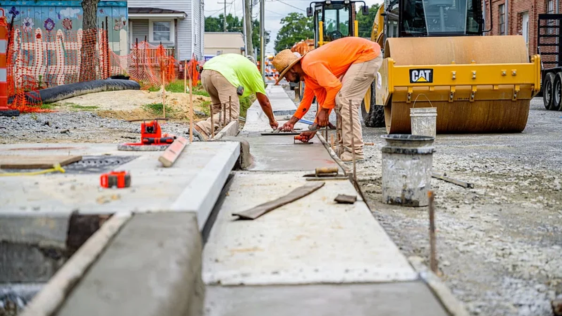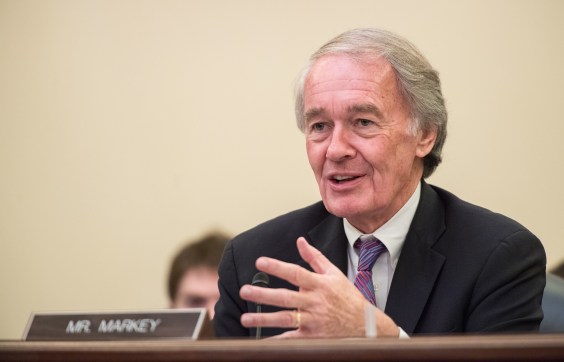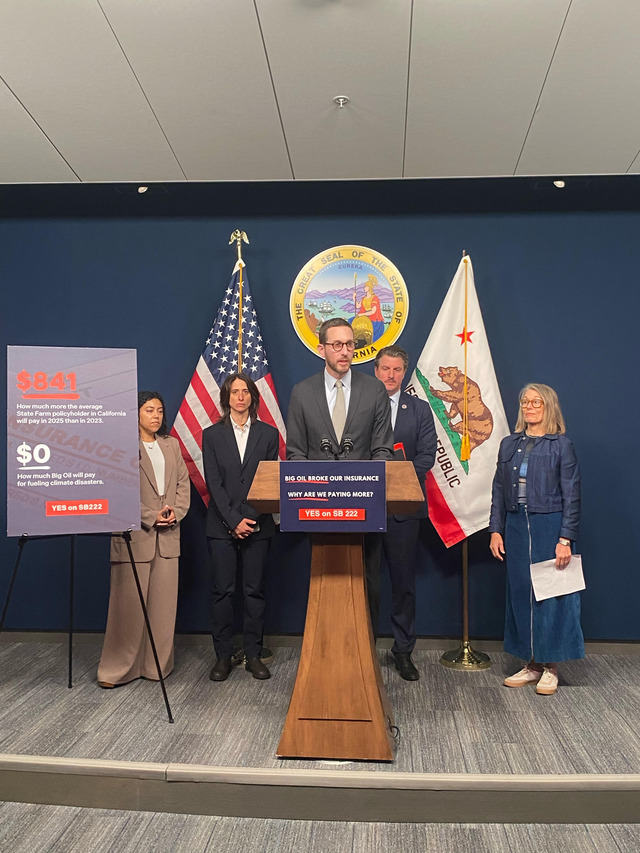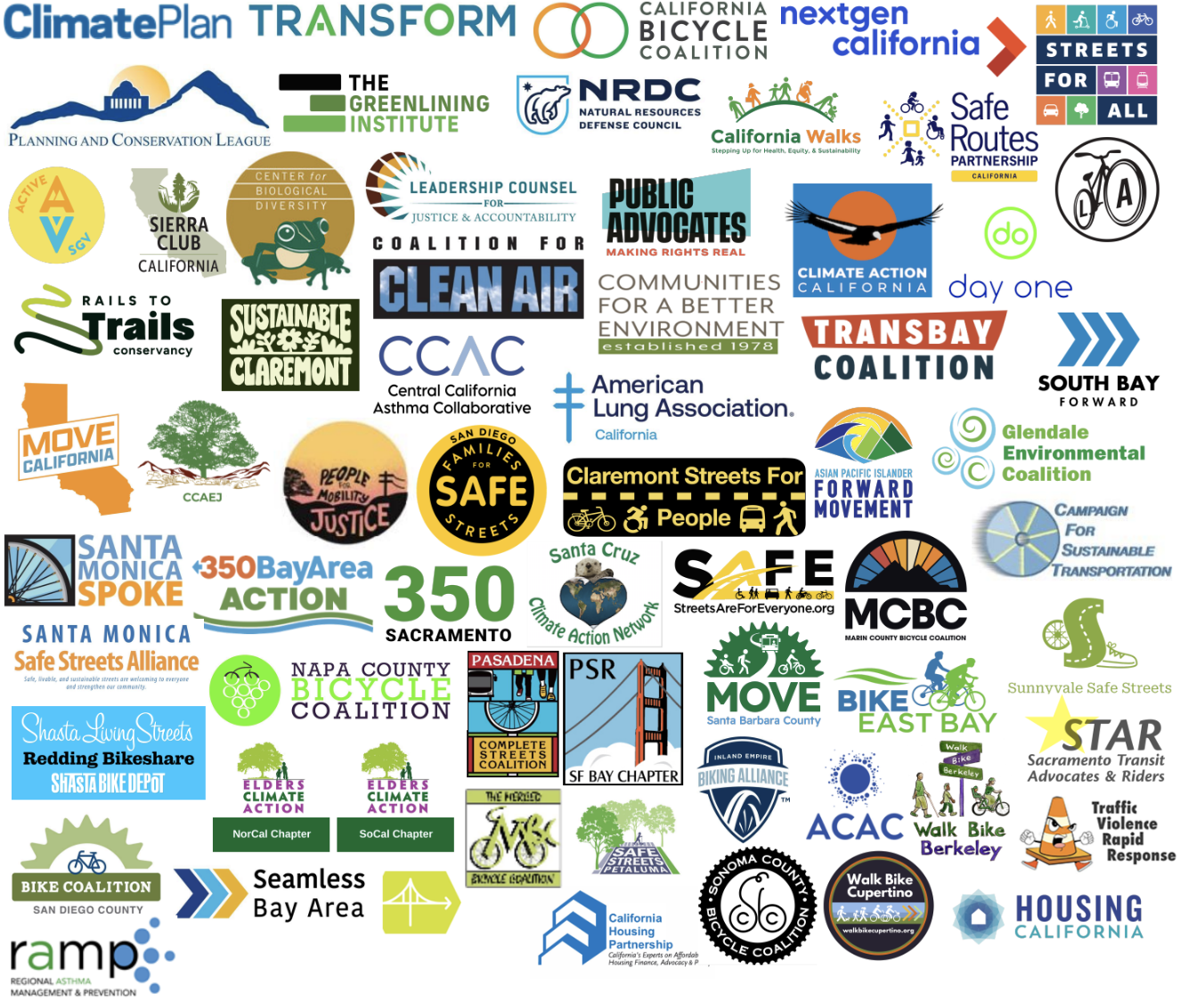Climate Change
Improving Road Safety Is A Win For The Climate, Too
Closing the notorious "fatality target" loophole wouldn't just save lives — it'd help save the human species from climate catastrophe, too.
Some Stories That Shaped L.A. in 2025
Some stories that shaped 2025: ICE terror, climate disruption, new light rail, bus lane enforcement, bikeways, open streets and more...
Four Policies Progressives Are Backing for the Next Big Transportation Bill
Progressives are refusing to water down their ambitions in the face of a deeply divided Washington.
Cities Matter More Than Ever After Trump Officially Denies Climate Change
We're entering a new era of federal climate denial, and it's time to use a different set of tools to fight back.
Elon Musk Is Hiring the Same Lobbying Firms That Represent Your Transit Agency
Weak ethics laws allow dozens of lobbying firms to work for both Elon Musk's companies and the cities, transit agencies, and climate philanthropies he and DOGE are attacking — and some advocates think it's time for them to pick a side.
Senate Committee Rejects Legislation Allowing Lawsuits Against Oil and Gas Companies for Climate Disasters
The legislation, introduced by Senator Scott Wiener (D-SF) would have been the first of its kind in the country.
New Network Sets Out to Reform State DOTs
"We've done a good job of setting goals that make for a good news headline, yet the state has ultimately dropped the ball on implementation," says Hana Creger of the Greenlining Institute.
How Climate Change Is Hurting Transit Ridership
Transit isn't only a key solution to confronting climate change; it's also one of its victims.









